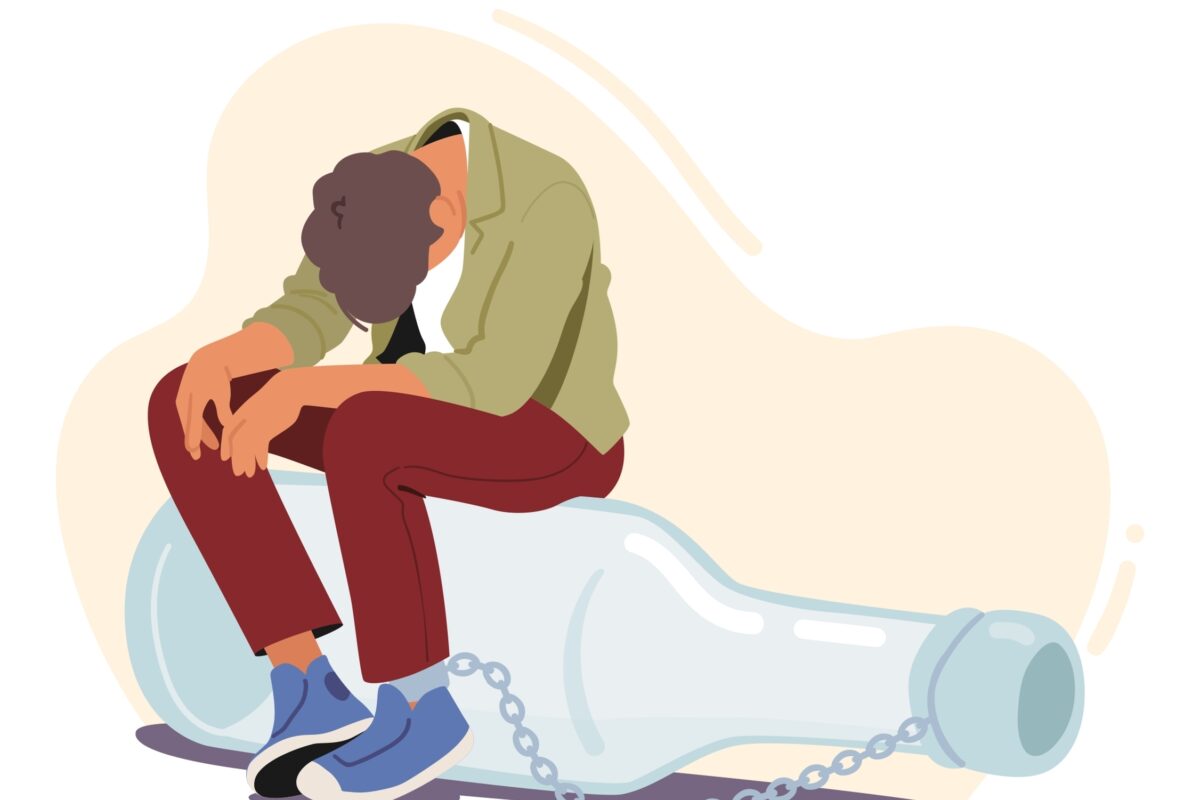In an era where mental health is at the forefront of societal concerns, understanding the role of medications used to treat disorders like depression is crucial. What are antidepressants? This question invites a scientific explanation and touches on the nuanced experiences of those who use them. Antidepressants are more than just medication; they are a lifeline for many, offering peace amidst the chaos of mental health disorders. The decision to start on these medications is significant, often laden with questions about their necessity, the pros and cons of antidepressants, and the journey to finding the right fit for one’s health and well-being.
Whether you find yourself pondering, “Do I need antidepressants?” or you’re navigating the complexities of starting them, understanding the full spectrum of considerations—including managing side effects and risks—is essential. Through examining these facets, the article offers guidance for those seeking to understand the potential role of antidepressants in their lives or the lives of loved ones.
Understanding Antidepressants
Antidepressants are prescription medications primarily used to treat clinical depression, a mood disorder characterized by persistent sadness and a lack of interest in previously enjoyed activities. These medications work by altering the levels of neurotransmitters in the brain, such as serotonin and noradrenaline, which are linked to mood and emotion. While the exact mechanism is not fully understood, it is believed that antidepressants improve the symptoms of depression by increasing neurotransmitter levels, which helps in enhancing mood and emotional well-being.
Types of Antidepressants
There are several classes of antidepressants, each functioning in unique ways to address depression:
- Selective Serotonin Reuptake Inhibitors (SSRIs): These are the most commonly prescribed antidepressants. Examples include citalopram and fluoxetine. They are preferred due to fewer side effects and a lower risk in overdose situations.
- Serotonin-Norepinephrine Reuptake Inhibitors (SNRIs): Similar to SSRIs, SNRIs increase levels of serotonin and noradrenaline in the brain. They are used when SSRIs are not effective.
- Tricyclic Antidepressants (TCAs): An older class of antidepressants, not commonly used as first-line treatments due to more severe side effects and higher overdose risks.
- Monoamine Oxidase Inhibitors (MAOIs): Rarely used today, these treat depression by inhibiting the breakdown of neurotransmitters.
- Atypical Antidepressants: This group includes various medications that do not fit into the other categories but are effective in treating depression by affecting neurotransmitter levels.
Each type targets different aspects of neurotransmitter regulation and is prescribed based on individual response and side effect profiles.
Assessing Your Need for Medication
Identifying Symptoms
If you’re experiencing persistent sadness, a lack of interest in activities you once enjoyed, or symptoms of anxiety, you might be considering antidepressants. Symptoms that may indicate a need for medication include significant changes in mood, behavior, or energy levels. It’s crucial to monitor how these changes affect your daily life, especially if they persist for more than two weeks, as this can be a sign of clinical depression.
Consulting with a Healthcare Provider
Your journey should begin with a discussion with your primary care doctor, who can conduct initial evaluations and prescribe medication if necessary. If symptoms are complex or treatments previously tried have been ineffective, a referral to a psychiatrist might be recommended. A comprehensive evaluation includes reviewing your medical history, current medications, and potential interactions. Regular follow-ups will ensure that the treatment remains effective and adjusts to your needs as required.
Process of Starting Antidepressants
When starting on antidepressants, your healthcare provider (HCP) will typically initiate treatment with a low dose to minimize side effects. It’s crucial to understand that different classes of antidepressants may induce varying side effects, but newer medications like SSRIs and SNRIs generally have fewer complications.
Dosage and Administration
Your initial dosage will be conservative, and adjustments may be made based on your response to the medication. For instance, FLUOXETINE typically starts at 20 mg daily, increasing gradually if necessary. To avoid adverse effects, it’s important to adhere strictly to the titration schedule provided by your HCP. Regular consultations with your HCP will help tailor the dosage to your needs, ensuring the most effective and tolerable level of medication.
What to Expect
Initially, you might experience common side effects such as nausea, dizziness, or insomnia. Most of these should improve within the first 2-4 weeks. It’s essential during this period to maintain regular communication with your HCP about your body’s reaction to the medication. Remember, it usually takes about 1-4 weeks for antidepressants to start influencing your mood significantly. Patience is vital, as premature discontinuation can lead to withdrawal symptoms and hinder your treatment progress. If, after a reasonable period, the benefits do not outweigh the side effects, your HCP might suggest switching to a different antidepressant, as there are many options available, and finding the right one can be a process of trial and error.
Managing Side Effects and Risks
Common Side Effects
Antidepressants, particularly SSRIs and SNRIs, often come with side effects that can include nausea, dizziness, sleep disturbances, and sexual dysfunction. These typically improve within a few weeks as your body adjusts to the medication. However, some side effects like dry mouth, constipation, and blurred vision, particularly associated with tricyclic antidepressants (TCAs), may persist. Monitoring and discussing these effects significantly with your healthcare provider is crucial if they do not improve.
When to Contact Your Doctor
Immediate medical attention is necessary if you experience symptoms of severe reactions like serotonin syndrome, which can cause confusion, agitation, and muscle twitching, or severe hyponatremia, which might manifest as disorientation or seizures. Additionally, if you notice suicidal thoughts or a significant increase in depression or anxiety, contact your healthcare provider right away. These severe symptoms require prompt intervention to ensure your safety and well-being.
Conclusion
Recognizing the significance of antidepressants in the broader landscape of mental health treatment, it’s clear that while they are not a one-size-fits-all solution, they hold considerable potential for providing relief to those battling depression. The journey to finding the right antidepressant is personal and requires patience, with an emphasis on regular consultation with healthcare providers to ensure the best possible outcome. Moving forward, this knowledge empowers us to approach mental health treatment with an informed perspective, fostering a supportive environment for those who choose medication as a pathway to healing.























